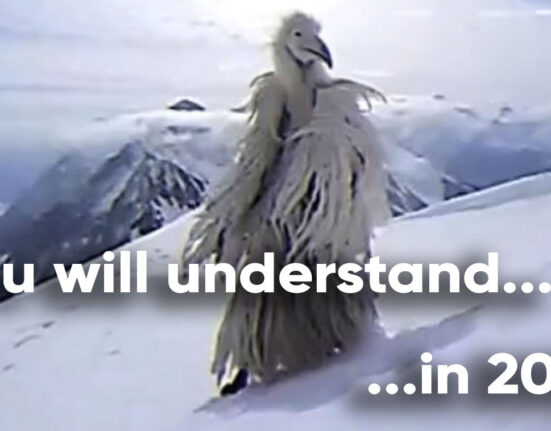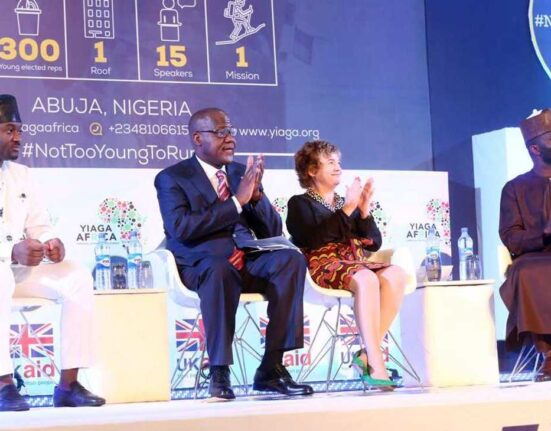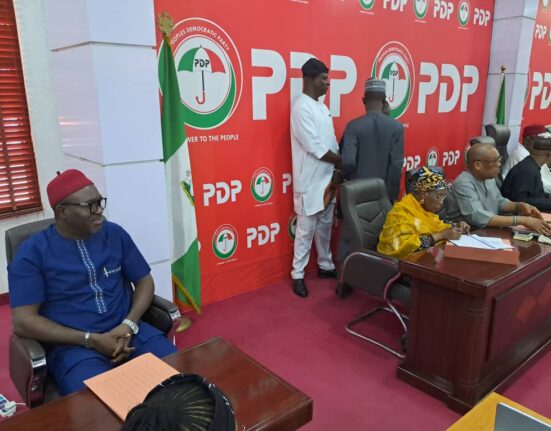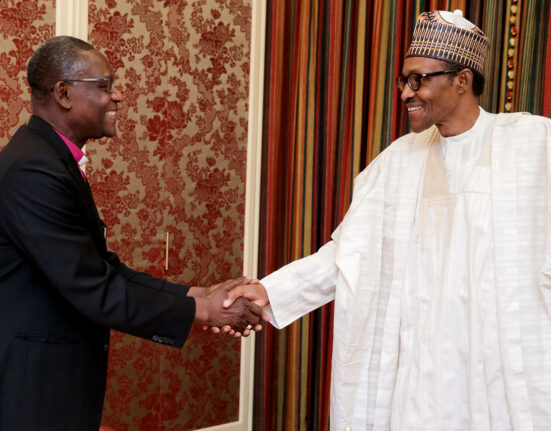Governor Dikko Radda of Katsina State did not hold back when he criticized members of the opposition coalition party, calling them disgruntled individuals who are simply upset about not being in government. His fiery remarks were made on the morning show ‘Sunrise Daily’ on Channels Television, where he bluntly stated, “Let’s be realistic. Let’s tell ourselves the truth. The time for deceiving Nigerians is over.
”
Radda continued to express his skepticism towards the intentions of these coalition members by questioning their past actions while they were in power and highlighting their current dissatisfaction from being outside the government. He challenged them to present a clear agenda for the country and win over the Nigerian populace with their ideas and promises.
Following months of negotiations, this newly formed coalition decided to align with the African Democratic Congress (ADC) and appointed key figures such as David Mark, Rauf Aregbesola, and Bolaji Abdullahi to prominent roles within the organization. In his acceptance speech, David Mark accused the ruling All Progressives Congress (APC) government of steering Nigeria towards a one-party state.
Governor Radda urged this coalition to articulate its vision for Nigeria transparently: “Who are these people in this coalition? Why were they not in another coalition before? What are they going to come and do differently from what is happening in the country now?”
He pressed for specifics on issues like reinstating subsidies, managing resources effectively, and governing sustainably.
Experts suggest that political coalitions often emerge as a response to shared discontentment or a desire for change within existing governance structures. These alliances can bring together diverse perspectives and strengths but also face challenges in presenting a unified front and coherent policy platform.
In response to growing tensions within political parties like APC concerning leadership endorsements, protests led by influential figures such as Zulum indicate broader dissatisfaction among party members regarding decision-making processes. This highlights ongoing power struggles within established political entities that could further fuel support for alternative movements.
As Peter Obi contemplates his next move amidst shifting political landscapes, his uncertainty reflects wider uncertainties facing many politicians navigating complex alliances and electoral strategies. The evolving dynamics of party politics underscore the need for strategic positioning and clear messaging to engage with voters effectively.
In conclusion, Governor Radda’s criticisms shed light on deeper rifts within Nigeria’s political landscape as various factions vie for influence and control. The formation of coalitions represents attempts at reshaping traditional power structures but also underscores challenges in presenting coherent alternatives to incumbent leadership.









Leave feedback about this